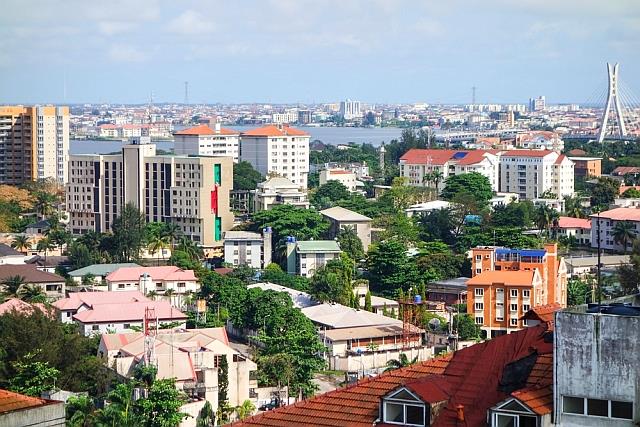Which African economies are the most attractive for property investors at present? Marna van der Walt of Cushman & Wakefield Excellerate discusses the countries where solid fiscal performance and infrastructure development are likely to lead to attractive returns.
Zimbabwe

Van der Walt believes that a year ago, Zimbabwe would have been an unlikely candidate for a list of key investment destinations. However, the massive political changes that took place in 2017 have already had a positive impact on the country, as evidenced by the immediate boost received by the economy.
“Pundits are optimistic about the country’s progress with a sound economy policy and investment in place, the mining, agricultural and manufacturing sectors may enjoy impressive growth,” she says.
“At the same time, the country outpaces all others on the continent when it comes to growth in ICT. The property industry will be the ultimate winner, and already the Harare CBD is gearing up for an increased number of retailers and services companies, while demand for commercial and industrial property is also on the up.”
Namibia

In Namibia, Van der Walt says the property sector’s upward trajectory is set to be driven by a concerted effort to increase local and international investment. There is already much to commend the country to interested investors, including political stability, sound fiscal and monetary policy, and an extensive and well-connected transport infrastructure, and these attributes are to be boosted by plans to support manufacturing. The resulting demand for commercial property in the key cities of Windhoek and Walvis Bay bode well for investors.
Nigeria

“As Africa’s largest economy, Nigeria will always be a magnet for investment. Although the recent dip in commodity prices hit the country hard, the economy experienced an upswing in 2017 following the implementation of the Economic Recovery and Growth Plan,” says Van der Walt.
“Plotting a course of recovery for 13 years, until 2020, the positive impacts are already reflected in increased demand for commercial property in major cities.”
Ghana

Ghana’s attractiveness as an investment destination stems primarily from its stability. Ghana: Vision 2020 - a policy implemented in 1995 - has resulted in significant changes to the economy, and continues to drive the development of the manufacturing industry.
The country aims to change tack slightly, she says, and by 2039 will be focusing more on industry. The outcome of these initiatives is steady economic growth. The past year was a particularly successful one for the Ghanaian economy, and it is expected to repeat its increase of 9% per annum year on year during 2018 and 2019.
“Since the performance of the property industry is closely linked to that of the economy, investors in this sector are sure to enjoy attractive returns. This is particularly true in the capital of Accra, where increased investment has stimulated demand for office space, especially around Airport City. Retail is also enjoying a boom, with the number of malls under development going up,” says Van der Walt.
Kenya

“Kenya’s enviable economic growth is set to continue at an anticipated rate of 5% to 7%. This is thanks not only to factors like political and economic stability, but to several reforms which have been implemented with an eye to boosting innovation and entrepreneurship through investment in ICT, and fostering growth and diversification in the manufacturing sector,” says Van der Walt.
She says local and international investment continues to thrive, pushing construction in the capital. The industrial property sector is particularly well placed to reap the rewards of this boom. Meanwhile, in Mombasa, the establishment of infrastructure projects like a Nairobi-Mombasa railway, a highway dualisation initiative between the cities, and the launch of a Free Trade Zone, has had positive implications for the retail and industrial property sectors.
Mauritius

Smaller than most of its neighbours, Van der Walt says Mauritius is, nonetheless, considered to offer the most investment freedom in the world. A positive outlook is supported by development of new industries, especially in the maritime and renewable energies spheres.
“Port Louis, meanwhile, is undergoing something of a rebirth as a programme of improvements seeks to reposition it as a smart, modernised cultural city by 2020. Projects linked to this initiative include upgrading port facilities, launching smart city features, developing a heritage city at Ebene and several small projects to enhance Port Louis’s cultural offering. These developments create sound opportunities for investors around Ebene, Terre Rouge, the Port Louis CBD, Coromandel, Curepipe and Quartre Bornes,” she says.
Finally
“Clearly, there is a lot of movement in and around these countries - push and pull factors which influence their worth to investors,” Van der Walt comments. “We believe that this is what makes them the next frontier of property investment.”








